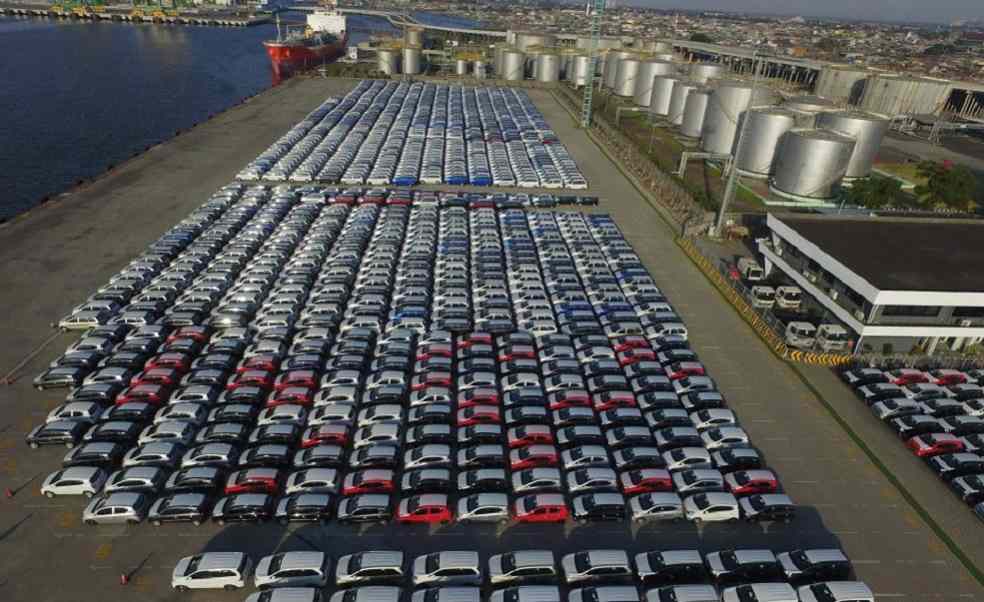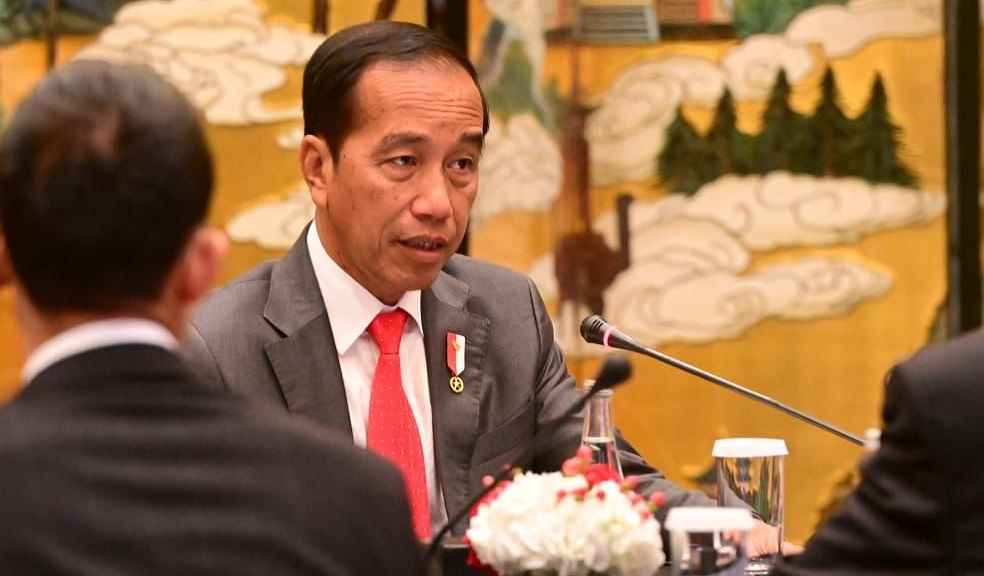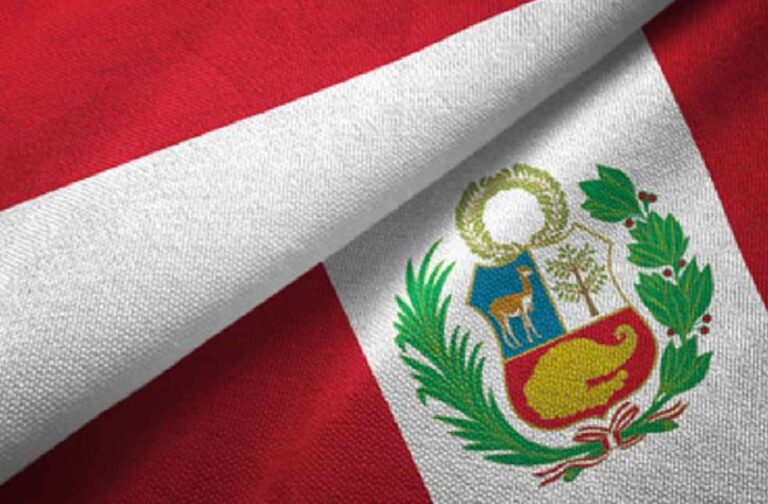Marking a pivotal move towards fostering robust bilateral trade and investment ties, Indonesia and Peru reignited negotiations for the Indonesia-Peru Comprehensive Economic Partnership Agreement (IP-CEPA). These talks, paused since 2017, underscore Indonesia’s strategic pivot towards non-traditional export landscapes.
The past five years have witnessed Indonesia consistently achieving a trade surplus with Peru. In 2022 alone, the trade value between the nations stood at a commendable $554 million, with Indonesian exports making up $442 million. Notably, with Peru recognizing Indonesia as a burgeoning source of automobiles, vehicle exports from the archipelago soared to $157 million. Other significant export commodities span footwear, paper articles, chemical products, and fertilizers.

Conversely, Peru’s trade roster to Indonesia predominantly features cocoa products, fertilizers, and mineral fuels.
Under President Joko Widodo’s visionary leadership, the nation has embarked on an aggressive global trade expansion, focusing intently on territories like South America and Africa. This trajectory seamlessly integrates with Indonesia’s overarching ambition to solidify its downstream mining sector as an economic powerhouse.
Boasting a plethora of mineral resources, Indonesia commands a dominant position on the global export map, leading in commodities such as tin, palm oil, and thermal coal. Mining stands tall as a monumental contributor to the national GDP. With foresight, Indonesia has been emphasizing the reduction of raw commodity exports, pivoting towards boosting the export of higher-value processed commodities.

Yet, this strategic recalibration has sparked debates on the international stage. The EU, a principal Indonesian trade ally, expressed dissent against the raw commodity export ban, culminating in a 2019 tussle at the World Trade Organization (WTO). In 2022, the WTO’s adjudication favored the EU, prompting an appeal from Indonesia.
With the EU’s impending deforestation-linked trade law, Indonesia anticipates substantial challenges, particularly for its predominant sector of smallholder farms, which may grapple with these stringent stipulations.
Given these global trade nuances, Indonesia’s orientation towards South American and African terrains emerges as a judicious move. With an established accord with Chile serving as a testament, these regions promise not just vast market expanses but also an amicable trade milieu devoid of the complexities characteristic of European nations.

As the contours of global trade transform, alliances like IP-CEPA stand poised to redefine international economic relationships, fostering enriched intercontinental ties.
LATEST NEWS | Brazil-Arab 2023 Trade Growth Highlights Robust Bilateral Ties



